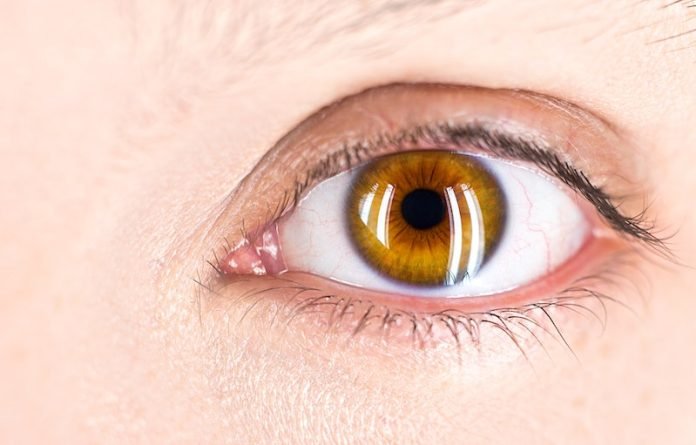
Aging is a universal process that affects all cells in an organism. In the eye, it is a major risk factor for a group of diseases called glaucoma.
Because of the increase in aging populations worldwide, current estimates show that the number of people with glaucoma (aged 40-80) will increase to over 110 million in 2040.
In a study from the University of California, Irvine, scientists found aging is an important component of retinal ganglion cell death in glaucoma.
They also found novel pathways that can be targeted when designing new treatments for glaucoma patients.
In the study, the team shows how stress, such as intraocular pressure (IOP) elevation in the eye, causes retinal tissue to undergo epigenetic and transcriptional changes similar to natural aging.
And, how in young retinal tissue, repetitive stress induces features of accelerated aging including accelerated epigenetic age.
The work emphasizes the importance of early diagnosis and prevention as well as age-specific management of age-related diseases, including glaucoma.
The epigenetic changes suggest that changes in the chromatin level are acquired in an accumulative way, following several instances of stress.
In humans, IOP has a circadian rhythm. In healthy individuals, it oscillates typically in the 12-21 mmHg range and tends to be highest in approximately two-thirds of individuals during the nocturnal period.
Due to IOP fluctuations, a single IOP measurement is often insufficient to characterize the real pathology and risk of disease progression in glaucoma patients.
Long-term IOP fluctuation has been reported to be a strong predictor for glaucoma progression. This new study suggests that the cumulative impact of the fluctuations of IOP is directly responsible for the aging of the tissue.
Researchers now have a new tool to estimate the impact of stress and treatment on the aging status of retinal tissue, which has made these new discoveries possible.
They say in addition to measuring vision decline and some structural changes due to stress and potential treatment, they can now measure the epigenetic age of retinal tissue and use it to find the optimal strategy to prevent vision loss in aging.
If you care about eye health, please read studies about how aging eyes see as time goes by, and what you need to know about diabetic eye disease.
For more information about eye health, please see recent studies about a drug that benefits older people with blinding eye disease, and results showing how to treat depression and dementia from the eyes.
The study was conducted by Dorota Skowronska‐Krawczyk et al and published in Aging Cell.
Copyright © 2022 Knowridge Science Report. All rights reserved.



